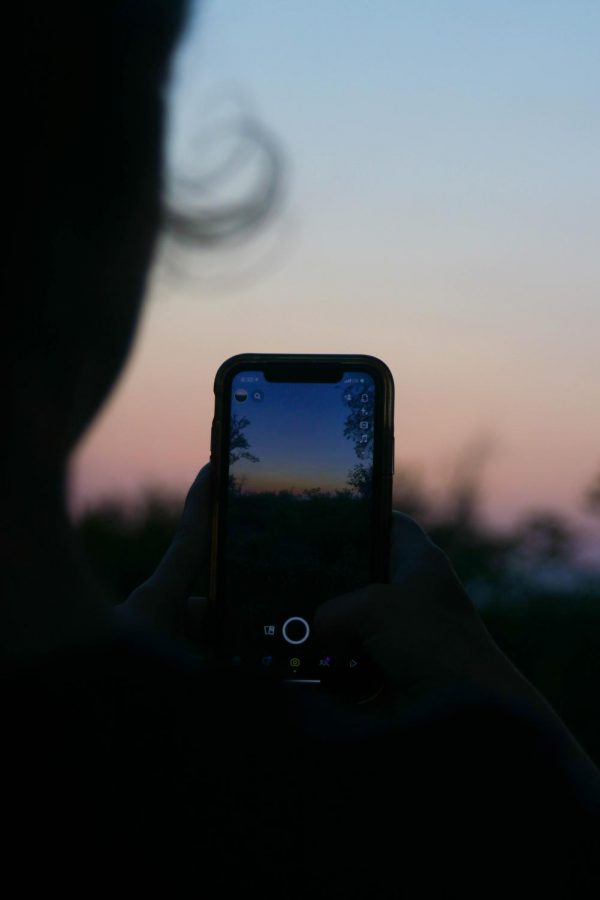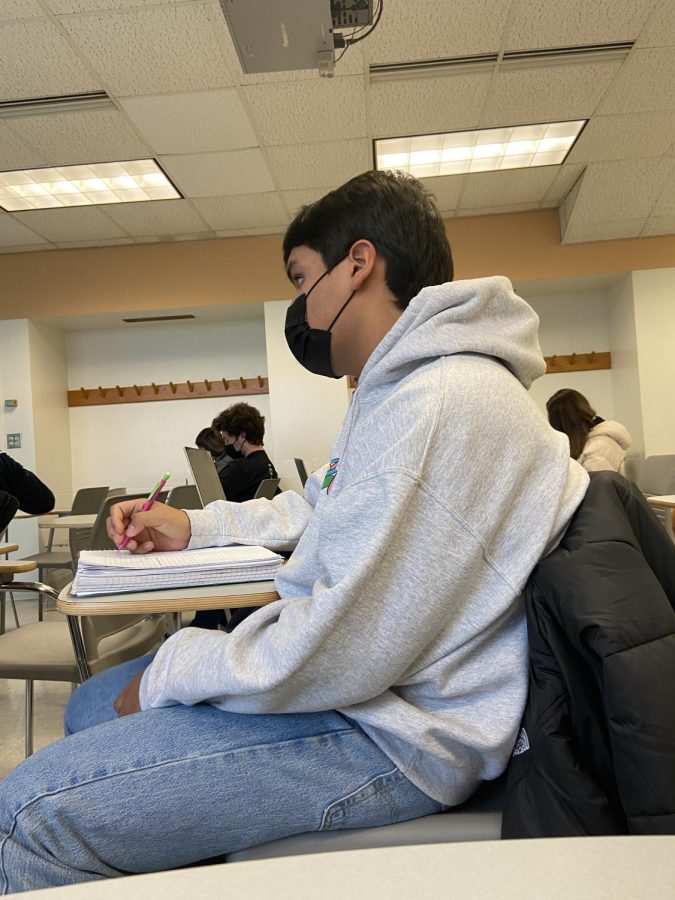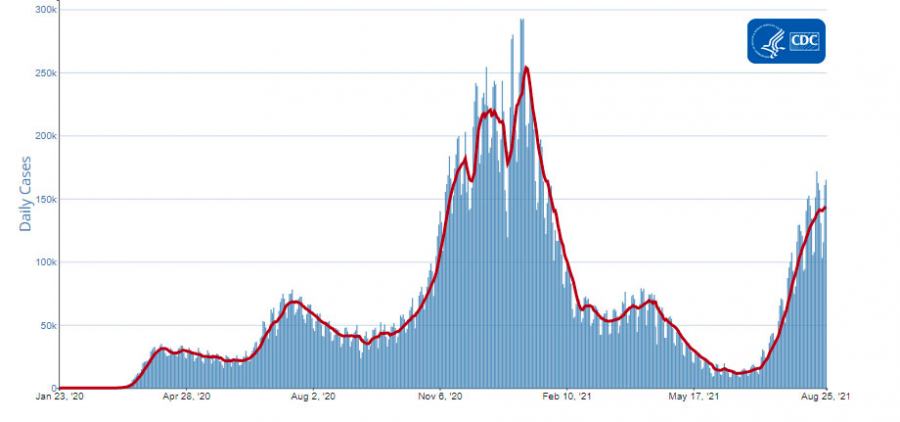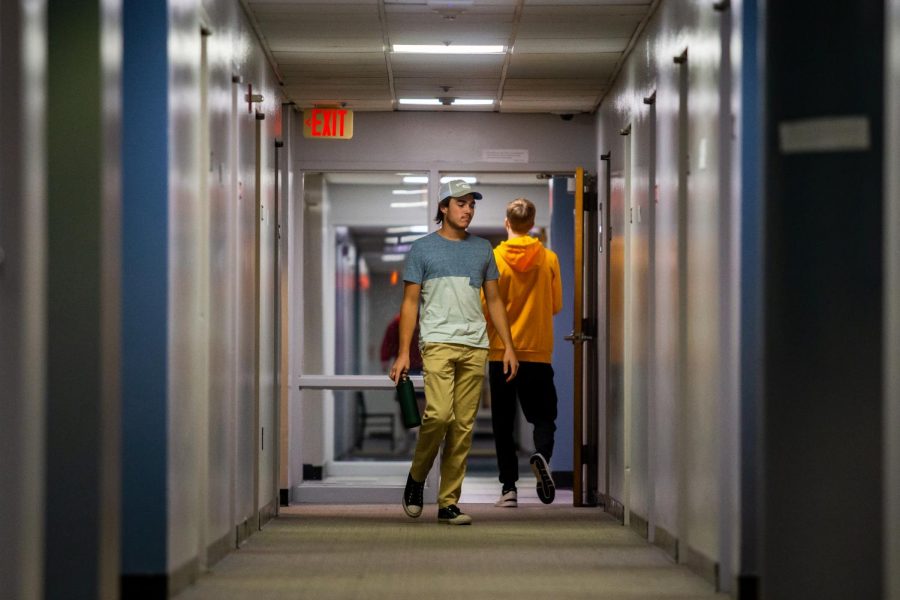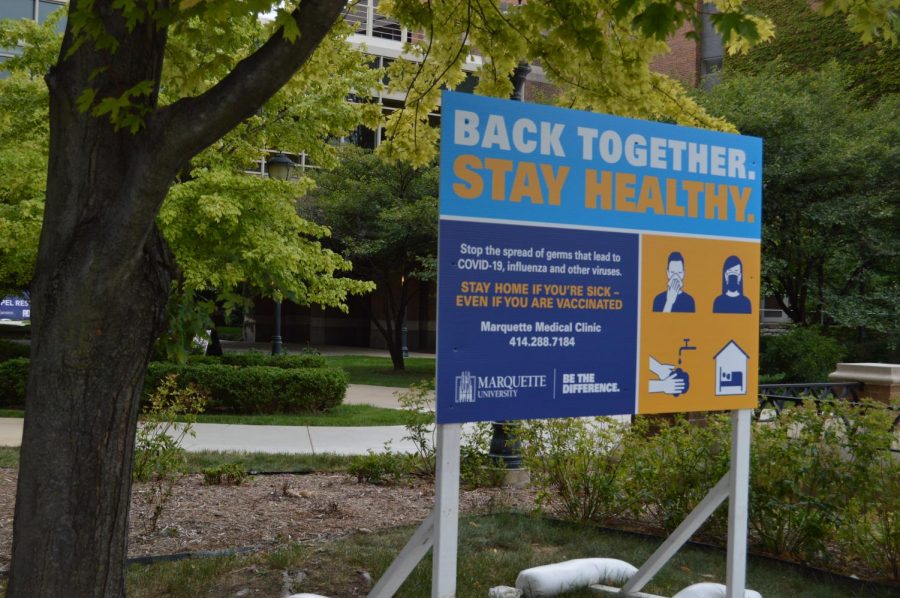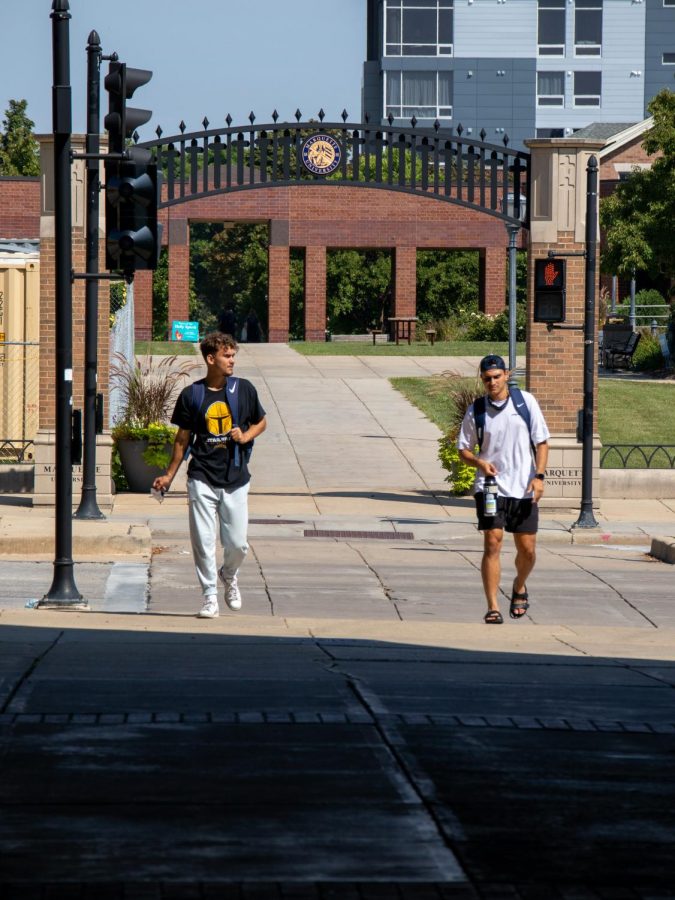The special feeling that comes with summertime was lost for many in the midst of the pandemic last year. For many Marquette students who spent their summer in isolation and away from family and friends, this summer may feel different, almost like a release.
As vaccinations are distributed and COVID-19 restrictions are becoming more relaxed, people are discarding their masks and flocking to Bradford Beach, Bucks games and cookouts to be with each other this summer.
While we may be eager to return to normalcy, it is important to be mindful of how the COVID-19 pandemic will shape our future.
Currently, COVID-19 restrictions are being lifted in cities across the country, such as Milwaukee lifting the mask mandate June 1. More freedom is also being granted to individuals who are fully vaccinated, such as not having to wear a face mask or socially distance when outdoors. Despite loosening restrictions, some of the behaviors we adopted during the last year are still useful to us.
Wearing a face mask, for example, will still be a useful safety precaution in stopping the spread of viruses other than the coronavirus in highly concentrated areas like restaurants, public transportation and grocery stores, as they were an effective way to slow the spread of COVID-19 at the height of the pandemic. Even wearing a face mask during the winter may help to stop the spread of the flu and other viral diseases.
Additionally, engaging in socially distanced or virtual activities is another effective way to prevent the spread of diseases, especially when wanting to spend time with friends or family who aren’t vaccinated or who may be sick. This could include doing Zoom parties or having socially distanced gatherings outside instead.
Continuing to utilize these safety measures is important, especially considering that the COVID-19 pandemic is not necessarily over.
According to the Center for Disease Control and Prevention, only 49.6% of the U.S. population are fully vaccinated as of Aug. 1, and just about half of Wisconsin’s population is fully vaccinated. Additionally, there have still been approximately 410,000 COVID-19 related deaths in the past 3 months.
Moreover, there is a new COVID-19 variant in the U.S. called the Delta variant, which accounts for more than half of the COVID-19 cases in the country.
COVID-19 does not seem to be going away anytime soon, and while the CDC has given the all-clear for fully vaccinated people to return to normal, pre-pandemic activities, recognizing that COVID-19 is still impacting people’s lives is essential to creating community and building empathy.
The pandemic has not only impacted people’s physical health, but it affected the mental health of many others as well.
With having to abide by social distancing rules, taking virtual classes and being separated from family and friends, 2020 was an extremely isolating time. Additionally, last year brought a lot of stress with having to adapt to a new sense of normalcy. It was a strange and challenging time, and many people are still coping with the aftermath.
According to Mental Health America, a nonprofit organization focusing on mental health, the rate of people experiencing moderate to severe anxiety increased to over eight in 10 people throughout 2020 and remains higher than pre-COVID-19 times.
Additionally, from those who took an anxiety and depression screen, there was a 93% increase in people looking for help with anxiety and a 62% increase in people looking for help with depression from the 2019 data.
The COVID-19 pandemic should serve as a signal that mental health is a legitimate and critical aspect of one’s health and well-being. Moving forward, there must be more prioritization and discussions about mental health.
While we return to some type of normalcy, we should try to acknowledge and accept that the pre-pandemic type of normal we had may not be near, or in the future at all. We have all been shaped by this time, and we must be mindful of that. This includes continuing some COVID-19 practices that may be useful to us. As we try to move forward and away from the pandemic, we should also strive for connection and community, remembering how difficult the last year has been.
This story was written by Alexandra Garner. She can be reached at alexandra.garner@marquette.edu.

